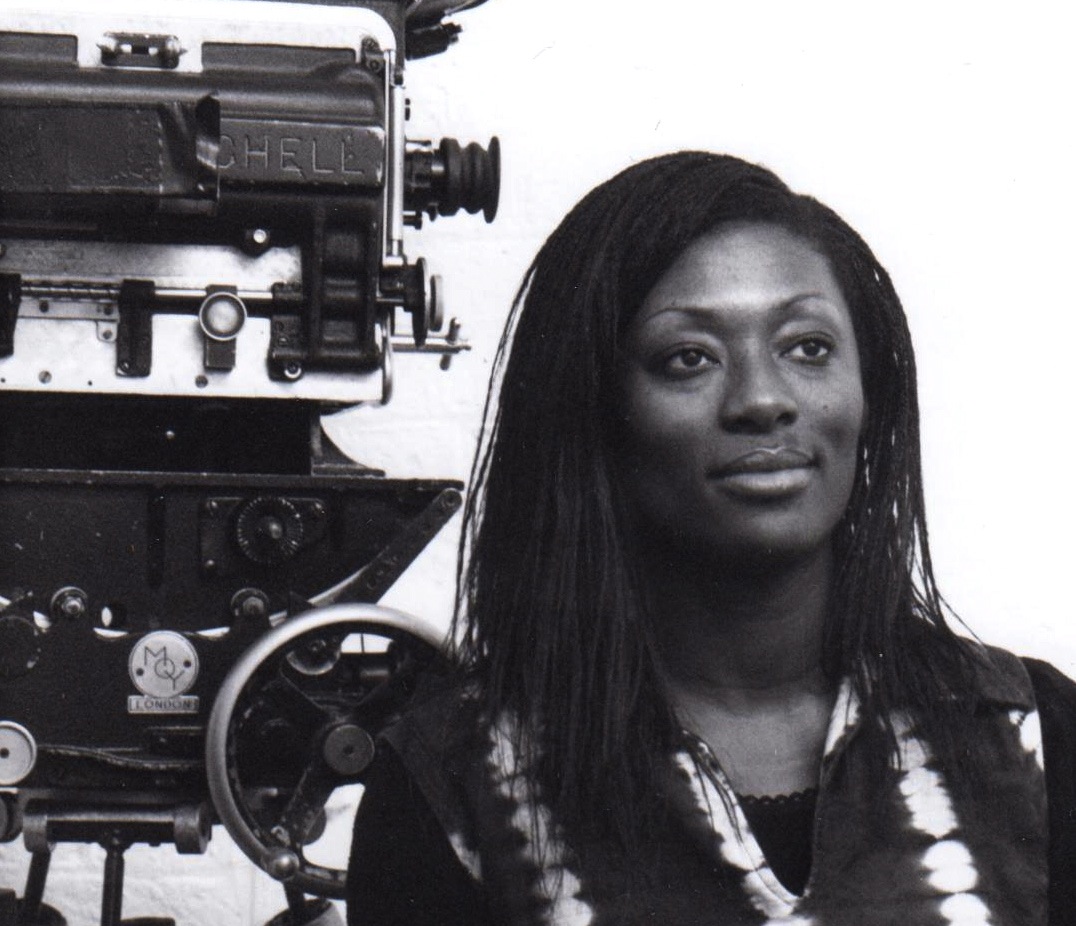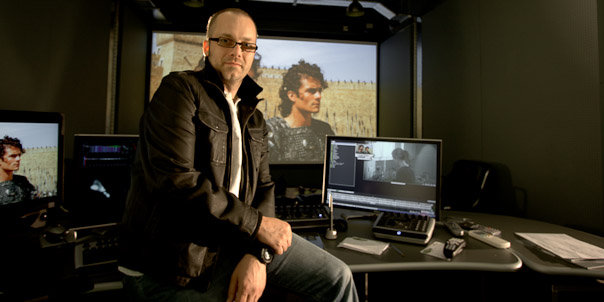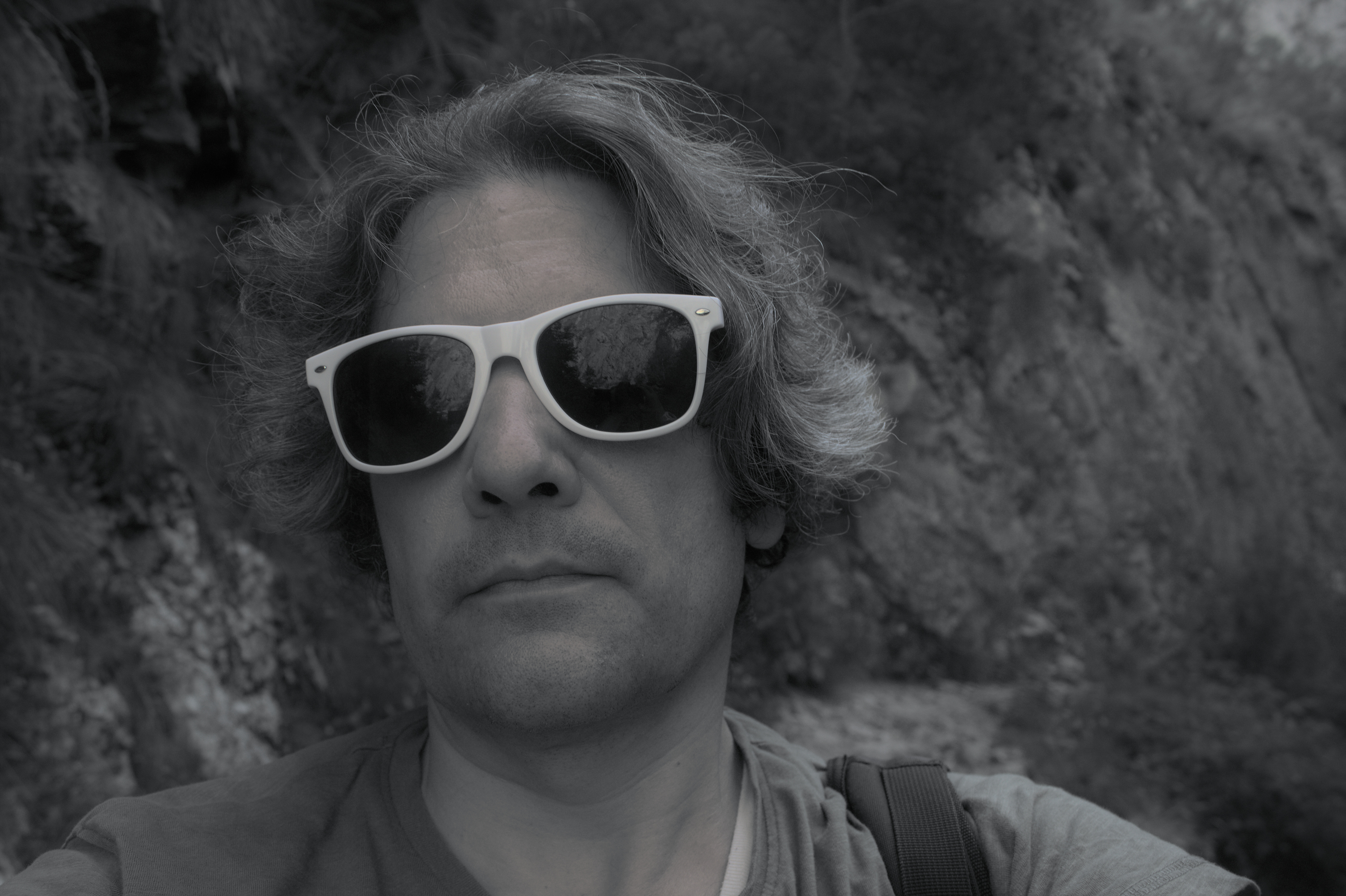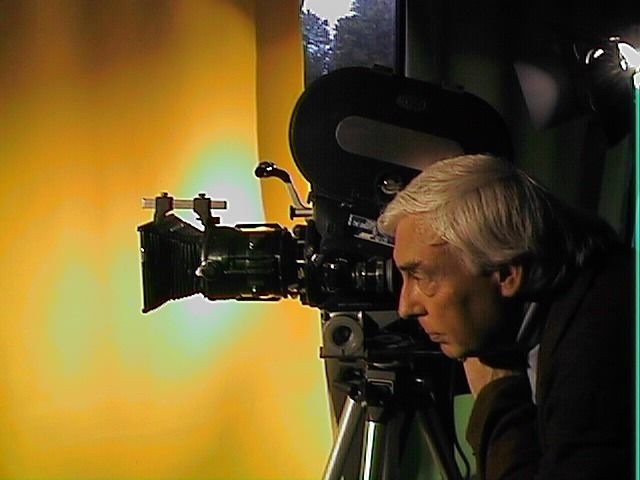ASK & DISCUSS
INDEXare there any key methods or books out there to assist in resolving character development issues (getting away from stereotypes so fourth)?
12 years, 7 months ago - John David Clay
working on two 90 + scripts with the issue at the centre of the redrafting processing and was wandering if there were any key books worth reading? or method I could try? to best resolve in the next drafts
Many Thanks
John
Only members can post or respond to topics. LOGIN
Not a member of SP? JOIN or FIND OUT MORE
12 years, 7 months ago - afia nkrumah
Hi John,
Another way to think about your characters is CHOICES/DECISIONS under PRESSURE. So for example, if you have a scene with three people stuck in a lift, the pressure is the confinement.
Person A decides to bust open the door.
Person B decides that waiting for the professionals is best and nobody should do anything to make the situation worse.
Person C decides the confinement is too unbearable and cries hysterically leading to hyperventilation.
These different choices reveals each character and causes conflict that generates drama. The stakes are then high, will they or won’t they get out? Will A & B be able to resolve their differences? Will C’s hysteria stop or will it drive everyone over the edge in a new way?
Character problems in scripts are sometimes due to lack of pressure and that can be internal as well as external like the example above. You want your characters decisions to cause events and not let events happen to your characters if that makes sense.
It would be worth going through your script to reassess character through pressures and decisions.
Also it is always worth personalizing your characters as this process helps anchor them into your imagination and they become real for you and eventually your audience. You do this by giving each character some trait of someone you know or have met such as personality traits, speech patterns, physical habits or appearance, objects, clothing etc.
Finally the best thing I can recommend is for you to have a listening. Get some people together (preferably actors) to read your script for you out loud so you can see and hear it for yourself. You can get a few nibbles and drinks as payment. Have a friend or someone you trust who can be honest with you about what doesn’t work in the script listening too. Any script problems especially to do with character are usually glaringly obvious during a listening.
Good luck with your scripts and I hope this is helpful.
Afia
12 years, 7 months ago - Paddy Robinson-Griffin
Josh Golding has a 'Maverick Screenwriting' course - he's good. Would that help at all?
http://www.raindance.co.uk/site/index.php?id=58,2331,0,0,1,0
12 years, 7 months ago - Paddy Robinson-Griffin
Gah! Looks like raindance links ^^^up there^^^ don't render as full links in shootingpeople... copy and paste the full link into a browser window or you just end up at some menu page.
12 years, 5 months ago - Lee 'Wozy' Warren
Firstly, work on one script at a time.
Second, character decides plot, not the other way around. The story should be about a character starting off hurting others in some way in the beginning and then learning to see himself different by the end of the story. What is the characters desire line? What are his weaknesses, his values, his psychological and moral needs, was there a ghost at the beginning? What is the world of your story? Who is the main opponent and how does he challenge the hero's weakness?
Thirdly, re-writing is about re... writing... But get to know your characters first.
Look at Truby's Anatomy Of Story and Genre for advice.
12 years, 5 months ago - Vasco de Sousa
Start from the top. The plot might be getting in the way, as different characters might not be stuck in that plot.
Just start writing about a character, background, desires. Syd Field covers is somewhat, so do all the rest of the gurus, but it can be said in a sentence. You can't force a three dimensional character into a contrived plot. Story begins with character.
12 years, 7 months ago - Franz von Habsburg FBKS MSc
Hi John. Ian is actually talking about improvisation which is the most important drama discipline so it IS acting! The best writer I know is Ronny Harward who trained at RADA, became a stage dresser, wrote The Dresser, got TWO Oscars for writing: The Pianist, where Roman even invited him into the edit (How many writers get as far as that?) and The Diving Bell and the Butterfly. Get his book and call me. Cheers- Franz
12 years, 7 months ago - Marlom Tander
You don't need a book. You just need to think and be prepared to rip up and rewrite EVERYTHING.
Do you really understand your character? Are they a real person, reacting properly to the situation they are in? If YES, and you have issues, the solution is to change the situation or change the character.
Example - Page 85 - a non violent passive curl up in a ball type finds himself in a room. A bad guy is coming through the door. A gun lies on the floor just within reach. For plot purposes you want him to grab the gun and fire. But you know he wouldn't. And by now, so does your audience. You have a simple choice - either change the plot, or change the character.
In this case, as him NOT going for the gun is whole different story - perhaps look back and see if there is anything you can do to have him perhaps learning earlier on to be a little less passive, overcome a fear, or better still, be fearful but still act when pushed. Nothing overly dramatic, but enough to prepare the audience for the fact that he might have hidden strength.
In my experience such conumdrums almost always require a series of adjustments right across the script. Very rarely can you just fix the scene that seems to be causing the trouble. Think of the script as a map, and a problem is like realising you are on the wrong side of a river from your destination. The solution isn't to build a bridge, the solution is to realise that you missed the turning 1, 10 or maybe even 50 miles back.
One good trick - stop worrying. Relax, for get about it for a few days. The subconcious is a wonderful thing :-)
And, horrid as it might seem, be prepared to conclude that you might have a great story and wonderful characters, but maybe a novel, not a movie.
12 years, 7 months ago - George Ian Cullen
Hi Jon David:
You may find it helpful to "say the words and see what happens" yourself. You don't have to be an actor, just imagine the character yoiu have already imagined and speak in the kind of voice and tone you also imagined. Thsi should help you to hone dialogue to fit chracter - and also check the truthfulness of your creation. Try it - it works for me.
Ian Cullen







